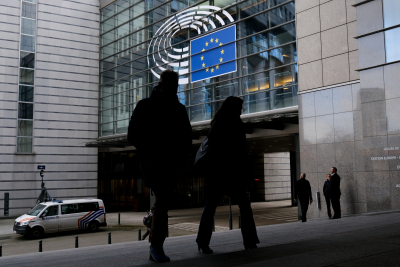The European Court of Justice has today ensured a landmark victory for transparency in the EU: it has ruled that European Commission’s refusal to release text messages with Pfizer’s CEO to secure a Covid-19 vaccine agreement was not valid. The Commission has alleged the messages are “short lived” and not covered by Regulation 1049, the EU’s freedom of information rules. This led the New York Times to take the Commission to court.
The Commission has sought to obstruct the release of these documents at every turn, and even, in December 2024, inexplicably introduced internal rules that make access to official documents more difficult. Today’s ruling now makes clear that the Commission’s contradictory approach to transparency cannot stand. It must cease evading legitimate requests for information, and finally enter an era of truly open policymaking.
Shari Hinds, TI EU’s policy lead on EU political integrity, said:
“Today’s ruling affirms our position that the Commission was wrong in denying access to these text messages. This ruling is about more than transparency: it is about reinstating the institutional accountability the European Commission has been sorely lacking. This should serve as a catalyst for the Commission to finally change its restrictive attitude to freedom of information.”







